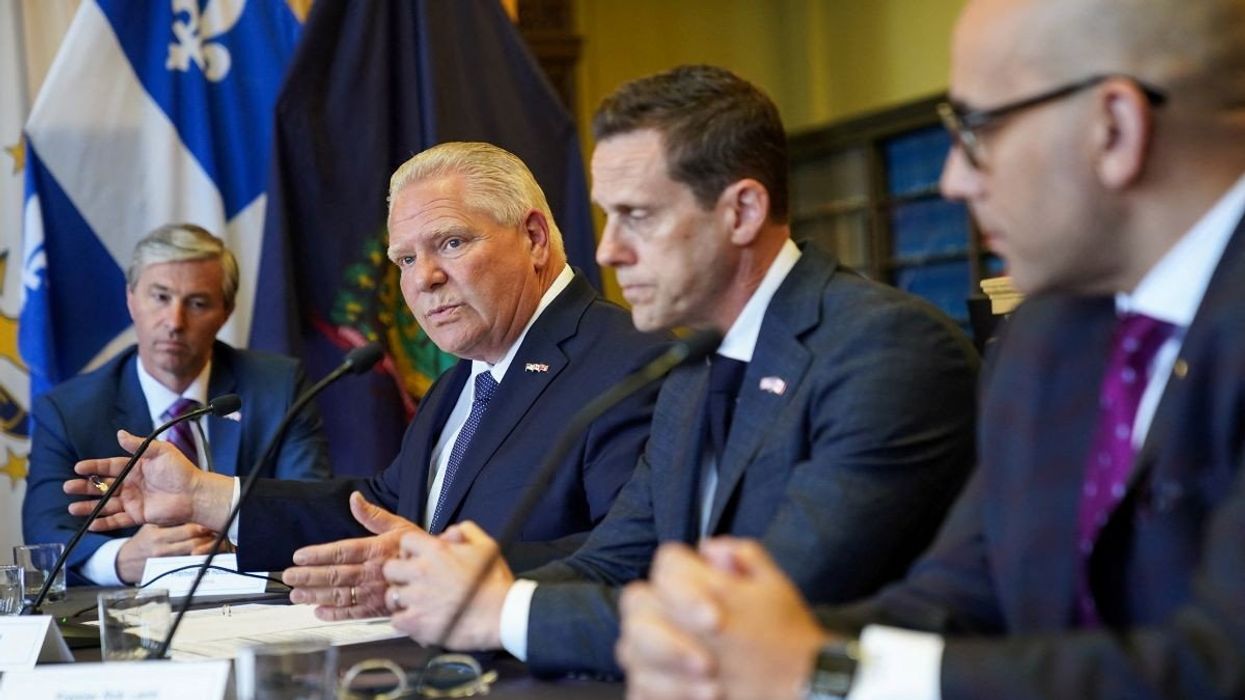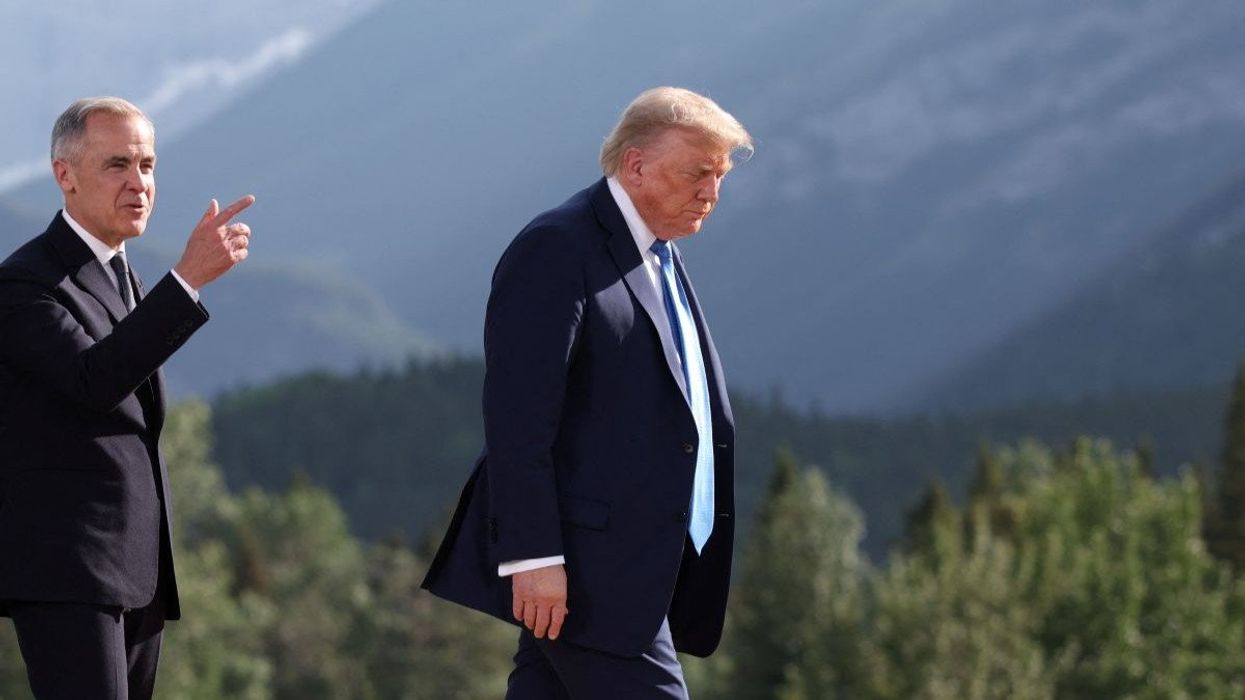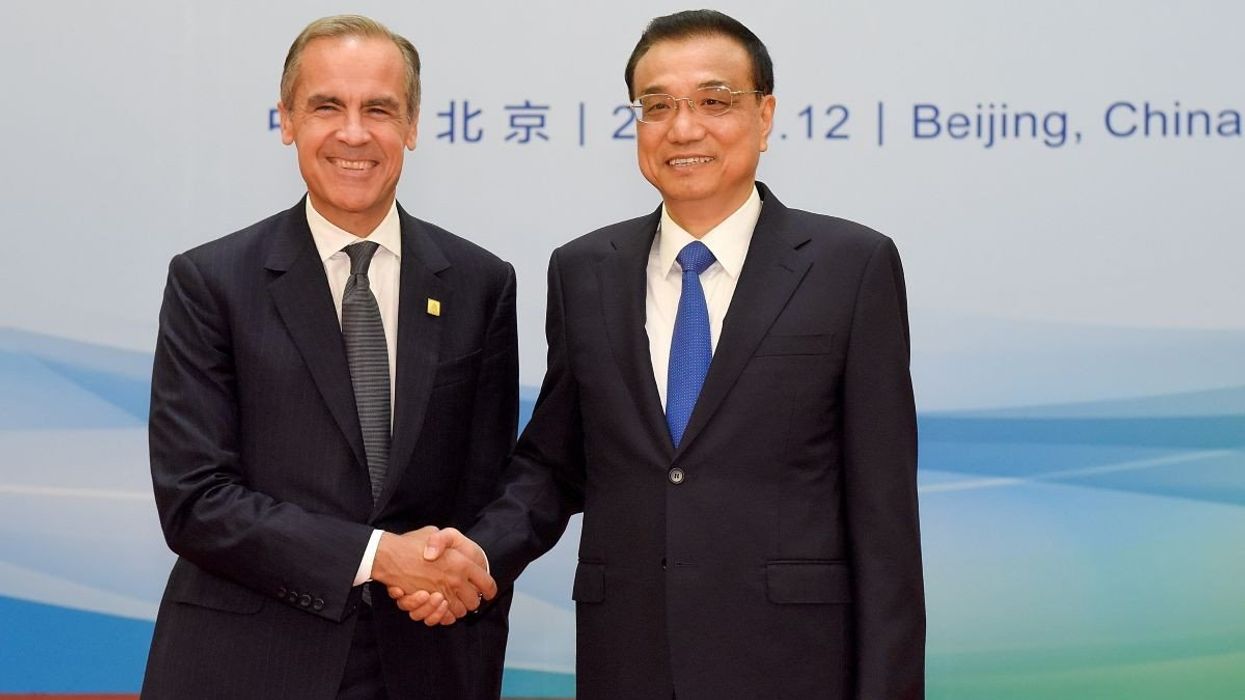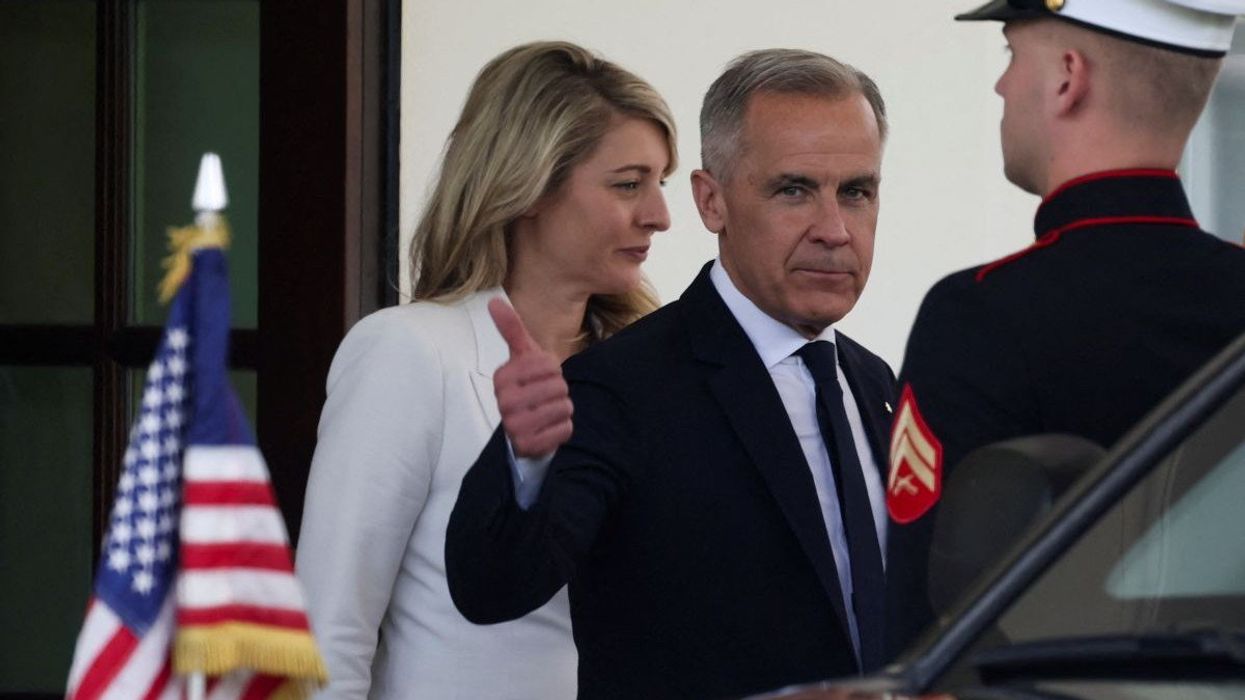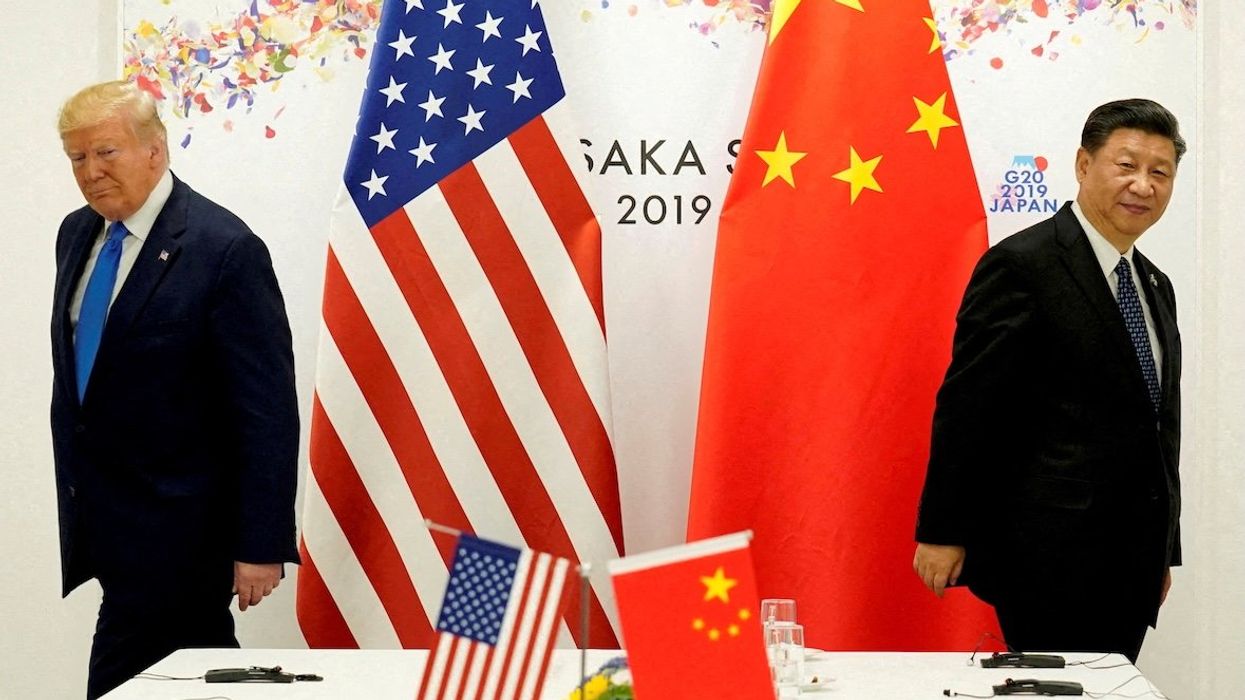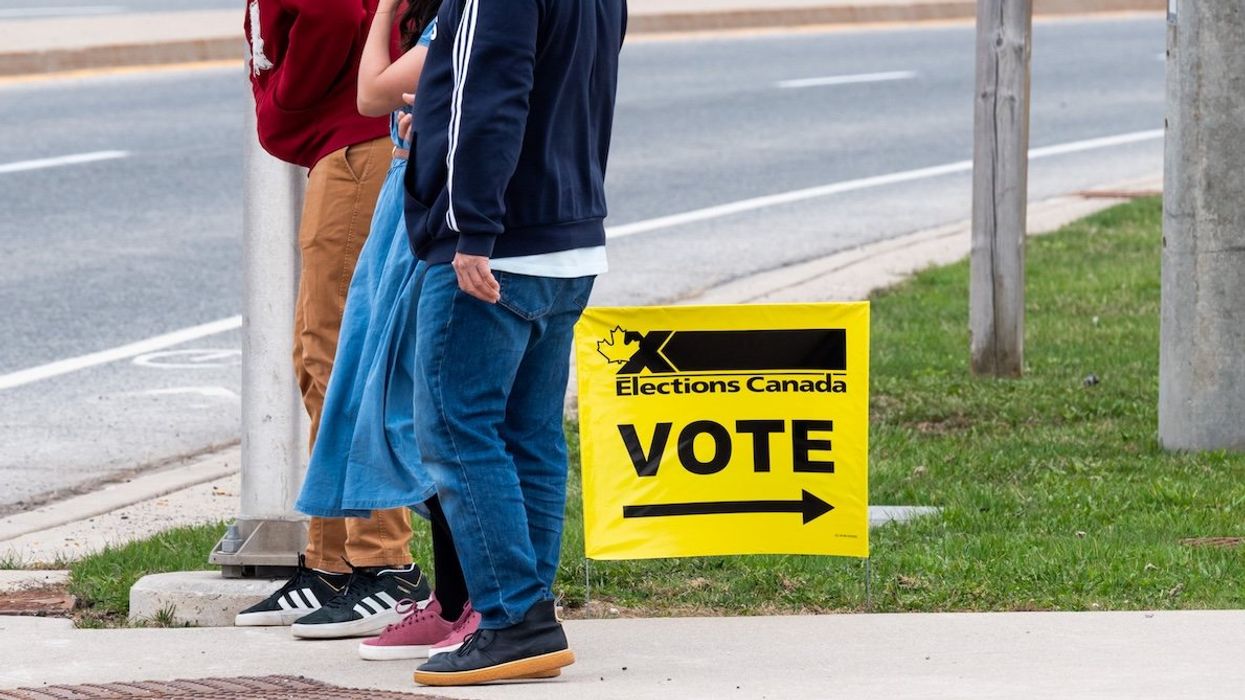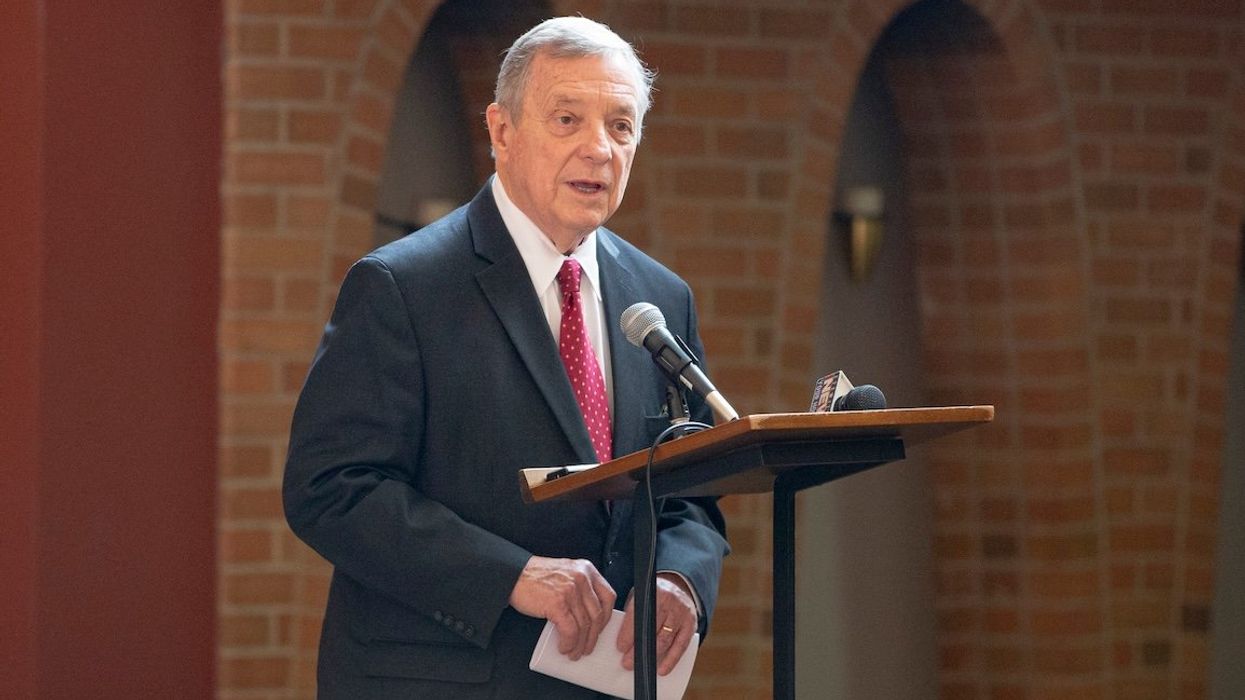VIDEOSGZERO World with Ian BremmerQuick TakePUPPET REGIMEIan ExplainsGZERO ReportsAsk IanGlobal Stage
Site Navigation
Search
Human content,
AI powered search.
Latest Stories
Sign up for GZERO Daily.
Get our latest updates and insights delivered to your inbox.
Global Stage: Live from Davos
WATCH
David Moscrop
Freelance Columnist
David Moscrop is an author, columnist, substacker, and podcaster. He's written for major publications in Canada, the United States, and the United Kingdom. He holds a Ph.D. in political science from the University of British Columbia. He lives in Ottawa.
Fields of expertise
Political science. Canadian politics.
Education
University of British Columbia
Contact:
X: https://twitter.com/David_Moscrop
Linkedin: https://www.linkedin.com/in/david-moscrop-970b0338/
